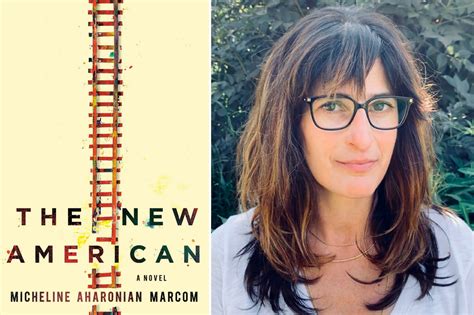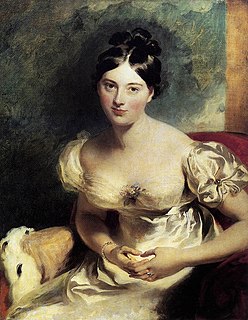A Quote by Emile M. Cioran
No one should forget: Eros alone can fulfill life; knowledge, never. Only Eros makes sense; knowledge is empty infinity; – for thoughts, there is always time; life has its time; there is no thought that comes too late; any desire can become a regret.
Related Quotes
Eros is an issue of boundaries. He exists because certain boundaries do. In the interval between reach and grasp, between glance and counterglance, between ‘I love you’ and ‘I love you too,’ the absent presence of desire comes alive. But the boundaries of time and glance and I love you are only aftershocks of the main, inevitable boundary that creates Eros: the boundary of flesh and self between you and me. And it is only, suddenly, at the moment when I would dissolve that boundary, I realize I never can.
As Venus within Eros does not really aim at pleasure, so Eros does not aim at happiness. We may think he does, but when he is brought to the test it proves otherwise... For it is the very mark of Eros that when he is in us we had rather share unhappiness with the Beloved than be happy on any other terms.
We live, understandably enough, with the sense of urgency; our clock, like Baudelaire's, has had the hands removed and bears the legend, "It is later than you think." But with us it is always a little too late for mind, yet never too late for honest stupidity; always a little too late for understanding, never too late for righteous, bewildered wrath; always too late for thought, never too late for naïve moralizing. We seem to like to condemn our finest but not our worst qualities by pitting them against the exigency of time.
If a seperate personal Paradise exists for each of us mine must irreparably be planted with trees of words which the wind silvers like poplars, by people who see their confiscated justice given back, and by birds that even in the midst of the truth of death insist on singing in Greek and saying, eros, eros, eros.
I thought that if the right time gets missed, if one has refused or been refused something for too long, it's too late, even if it is finally tackled with energy and received with joy. Or is there no such thing as "too late"? Is there only "late," and is "late" always better than "never"? I don't know.
Knowledge is a burden if it robs you of innocence. Knowledge is a burden if it is not integrated into life. Knowledge is a burden if it doesn't bring joy. Knowledge is a burden if it gives you an idea that you are wise. Knowledge is a burden if it doesn't set you free. Knowledge is a burden if it makes you feel you are special.
Actual knowledge is identical with its object: in the individual, potential knowledge is in time prior to actual knowledge, but in the universe as a whole it is not prior even in time. Mind is not at one time knowing and at another not. When mind is set free from its present conditions it appears as just what it is and nothing more: this alone is immortal and eternal (we do not, however, remember its former activity because, while mind in this sense is impassible, mind as passive is destructible), and without it nothing thinks.
The old view was that delicacy of language was part of the nature, the sacred nature, of eros and that to speak about it in any other way would be to misunderstand it. What has disappeared is the risk and the hope of human connectedness embedded in eros. Ours is a language that reduces the longing for an other to the need for individual, private satisfaction and safety.
I regret that I was never an athlete. I regret there isn't time in life. I regret that so many of my friends have died. I regret that I was not brave at certain times in my life. I regret that I'm not beautiful. I regret that my conversation is largely with myself. I'm not part of the conversation of the world.
In all of the history of mankind there has never been a time when we have had a greater opportunity to increase our knowledge of the law of the Lord...Surely there can be no excuse for us not to become the best informed generation of all time in our knowledge of the scriptures. Never before have we had opportunity such as we have today to become real gospel scholars.







































